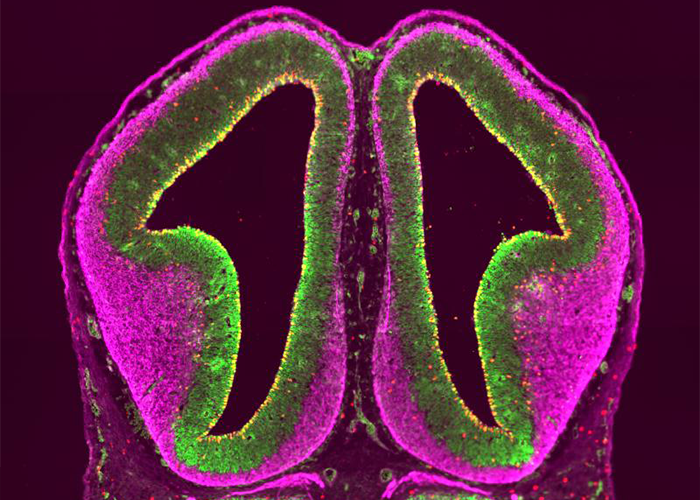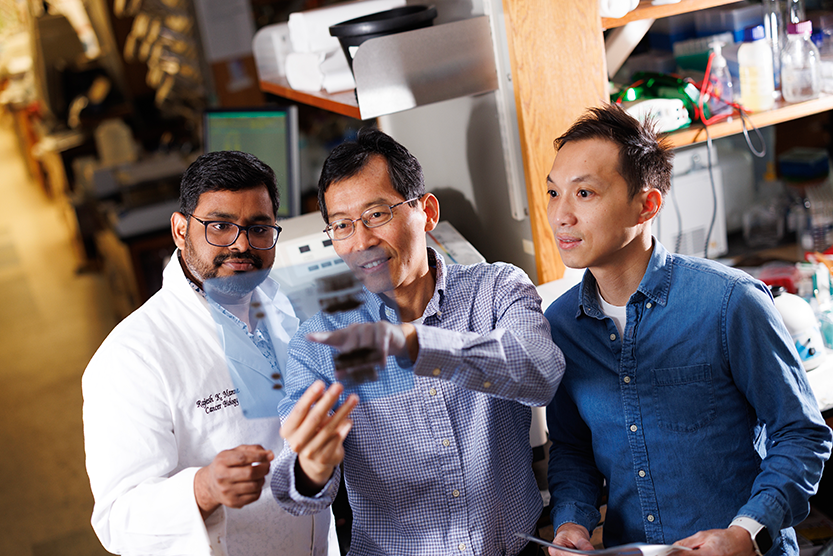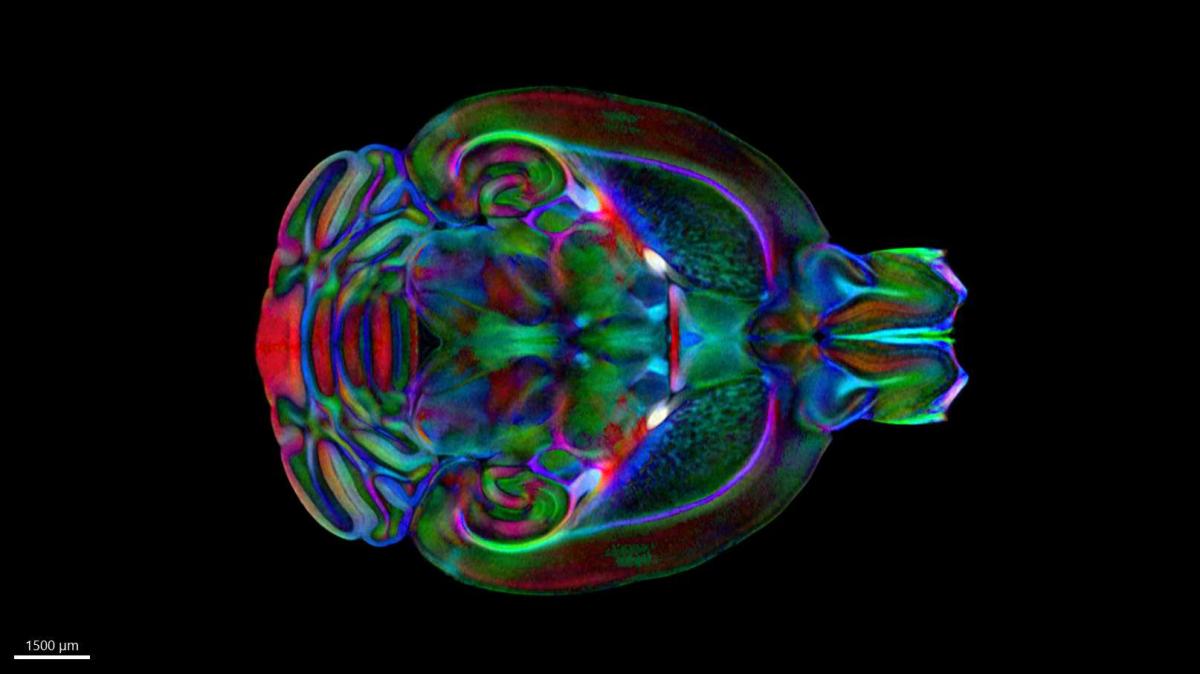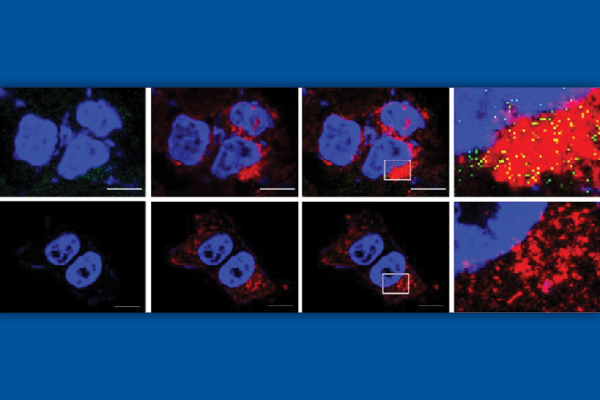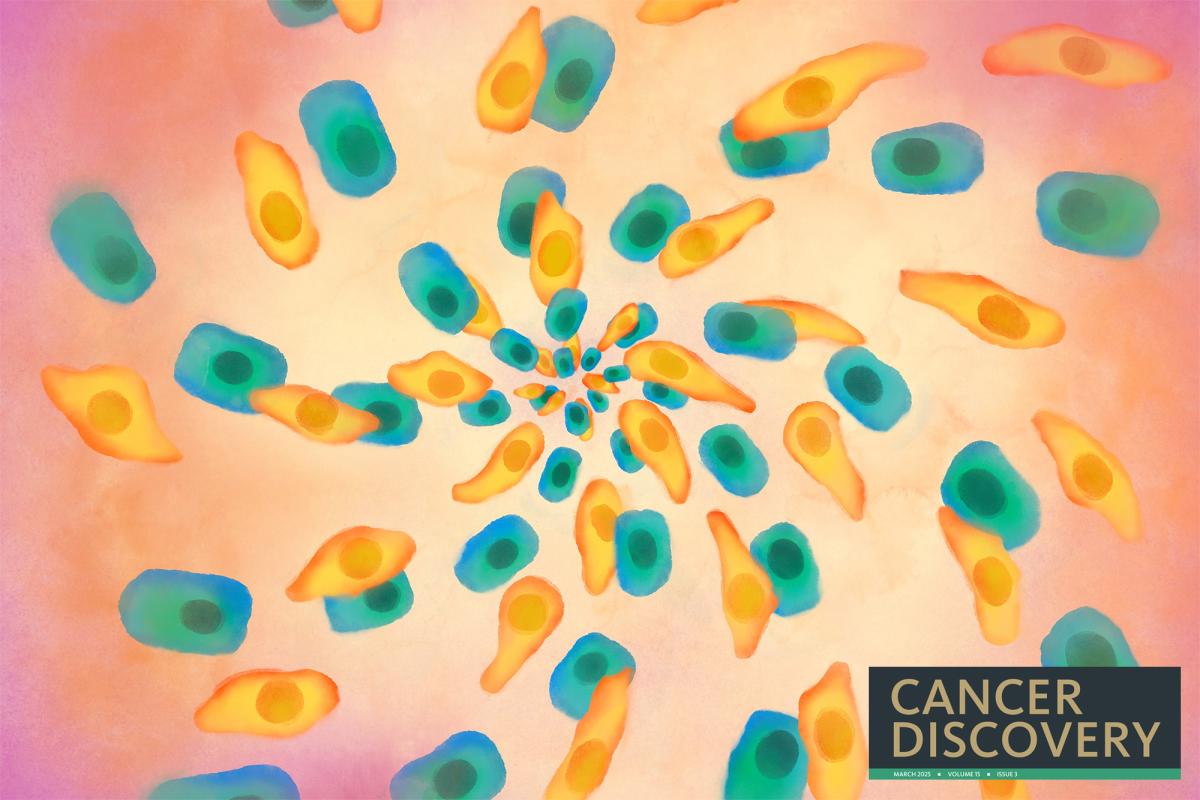What Makes Us Human
If 98.8% of our DNA is the same as that of a chimpanzee, what changes in the remaining 1.2% make us human?
How a Little-Known Protein Powers Energy Production and Fights Cancer
Study led by Duke School of Medicine reveals cancer’s weak spot – a protein that helps cells make energy and stops cancer from growing.
The Duke Mouse Brain Atlas Promises to Accelerate Studies of Neurological Disorders
A new, high-resolution atlas of the mouse brain will increase precision in measuring changes in brain structure and make it easier to share results for scientists working to understand neurological diseases such as Alzheimer's.
Honey, I Shrunk the Proteins
A Duke University School of Medicine team reimagines a sci-fi classic as real-world biotech that can speed up biological research.
Scientists Hack Cell Entry to Supercharge Cancer Drugs
New strategy could change how we design drugs—especially the large and polar ones that were once too big to work.
Neuroscientists Develop An AI Tool to Reveal the Brain's Secrets
An epic collaboration between neuroscientists at Duke and six other institutions has yielded an AI tool that paves the way for new approaches to treating neurological disorders.
The Fungal Fallout of Climate Disasters
When Hurricane Helene hit Western North Carolina, it left more than flood damage—it created fertile ground for mold and fungus to growth. Now, a Duke University team is studying how post-disaster fungi could affect health and recovery in a warming world.
Shutting Down a ‘Dark Kinase’ May Defeat Treatment-Resistant Cancers
A multi-faceted study from Duke University School of Medicine researchers shows for the first time that blocking an under-studied enzyme called PKN2 may be the key to stopping aggressive, treatment-resistant cancers.
The Fragile Future of American Science
A proposed cap on National Institutes of Health funding could cost Duke University millions and stall critical breakthroughs -- like Laurie Sanders's blood test for early Parkinson's disease.
A Hit of Dopamine Tells Baby Birds When Their Song Practice is Paying Off
Research by neurobiologists Richard Mooney and John Pearson and postdoctoral associate Jiaxuan Qi sheds light on the brain signals underlying birds' intrinsic desire to learn their songs. The results hold implications for understanding human learning and neurological disorders.
